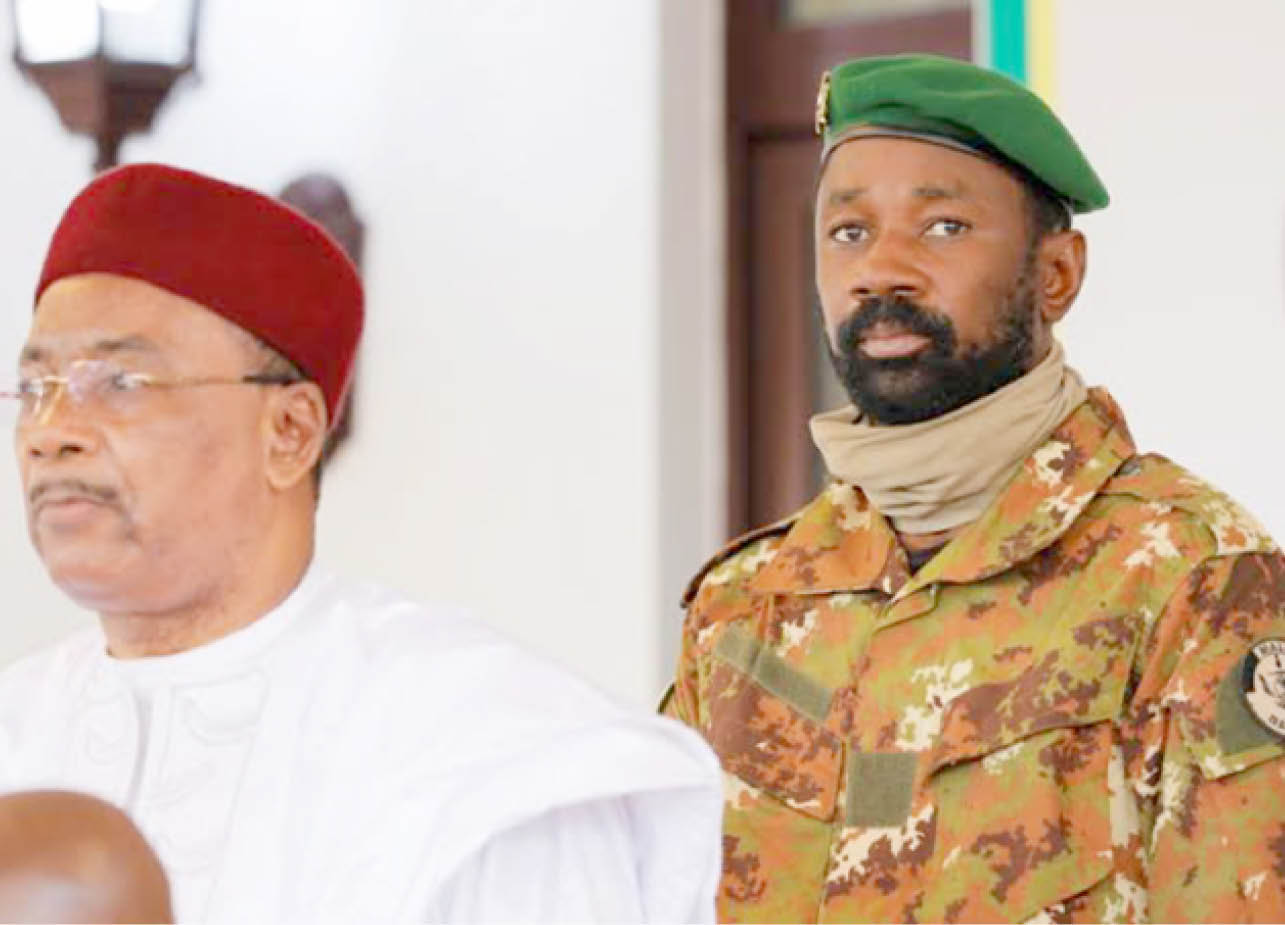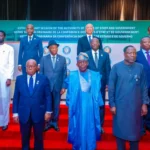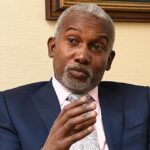The suspension of Mali by two regional bodies – African Union (AU) and Economic Community of West African States (ECOWAS) – has stirred reactions with deep concerns over the country’s evolving situation and its negative impact on the transition process.
The suspension, which was slammed on the West African country after two military coups within nine months, have plunged Mali into uncertainty, raising deep concerns among Malians, neighbouring states and other critical stakeholders on the continent.
This action taken, including that of international powers, hinged on a fear that the latest revolt would trample upon the country’s democracy, and undermine the regional fight against armed groups linked to Al-Qaeda and ISIL (ISIS).
However, one question that continues to ruminate in the minds of analysts who spoke to Daily Trust on Sunday, which still lacks a definite answer is; will this approach contain the wave of jihadists’ attacks and return Mali on the path of democracy?
An international analyst, Paul Ejime, said only a sincere approach will bring peace and stability back to Mali, a country that had suffered series of military coups, not a mere pronouncement.
He observed that the actions of both regional and international bodies to the situation in Chad must have influenced the take over of the military in the country.
“Don’t forget, they are also looking over Chad. When they took over Mali in August 2020, there was howl and cry for them, there was sanction but look at similar thing that happened in Chad and the ways it’s being handled.
“I hope that has not emboldened this people to think that they can get away with the ‘blue murder’. What is required is the political will, and ECOWAS is not offering that, AU is also not offering that, and that is where the problem lies.
“They need to go with carrot and stick but I don’t think the military has not seen that, and that is why they rolled back the hands of the clock,” he said.
According to him, the presence of UN troops and that of France in Mali without taking decisive approach is insincerity.
“UN has 15,000 men over there, France has 4,500, EU also has representation, what are they doing over there, that is the insincerity.
“Underpinning all this is the role of France. I think the earlier France leave all these former colonies to become independent, both economic and political independent, instead of their over bearing influence and controlling their economy as well as deciding who should be installed and who should be removed, the better. I think that is the hindrance and bottleneck.
He warned that African leaders should learn a big lesson from what is happening in Mali. “It’s generally believed that the military take over in Mali is arbitration. To prevent it, the politicians must play by the rule because when you begin to temper with the constitution to prolong your power, and when you govern without justice and without taking care of the interest of the majority, favoring people from clan or ethnic group or religion, there is danger.
“That does not excuse the military take over because they also did not show that they can deliver on democratic dividends.
“There has to be that balance. Yes, the world is against the military takeover but what are the politicians doing? That is where the problem lies. If you say you don’t like the heat in the kitchen then, stay out of it. But the politicians stay in the kitchen and say they don’t like the smoke,” he added.
French President, Emmanuel Macron, had threatened to withdraw French troops from Mali if political instability there leads to greater Islamist radicalization, which many viewed as a deliberate attempt to sabotage the peace effort in the crisis region.
France has 5,100 troops that have been supporting forces in Mali, Mauritania, Niger, Burkina Faso and Chad against the militants in the Sahel region since 2013.
Also, the outcome of the ECOWAS emergency meeting that led to the suspension of Mali from the 15-member bloc, stop short at imposing new sanctions on the new military government.
Last August, when the military overthrew the civilian president, Ibrahim Boubacar Keita, ECOWAS regional bloc took punitive measures and imposed sanctions on Mali, which forced the coup military leaders to form the interim government they sacked two weeks ago.
Pundits opined that the latest action of regional bloc fall short in addressing the issue because the coup leader, Assimi Goita, now the new president, was not asked to step down.
Instead, the bloc announced that the head of the transition government, the vice president and the prime minister should not under any circumstances be candidates in the planned presidential election.
“The date of 27th February 2022 already announced for the presidential election should be absolutely maintained,” the bloc stressed in a communiqué issued after the meeting.
But there was no immediate response from Goita, who also attended the summit in Ghana.
Goita, 38, a Special Forces commander, was one of several colonels who overthrew President Ibrahim Boubacar Keita last year.
He also ordered the arrests of interim President Bah Ndaw and Prime Minister Moctar Ouane, hours after a cabinet reshuffle that left out two members of the military.
Goita, who was Ndaw’s former deputy, justified his actions by saying there was discord within the transitional government and that he was not consulted, as per the transitional charter, when the new cabinet was chosen.
This has all led to public confidence waning over the army leaders’ ability to tackle the Islamist insurgency.
An analyst, Abdullahi Yusuf, expressed fear over the danger of fresh military incursions in African democracy, citing the installation of Lt-Gen. Mahamat Deby, the son of late Idris Deby to succeed his father in Chad, and the attempted coup on the eve of the inauguration of newly elected Niger President Mohamed Bazoum.
He observed that any inconsistency or double standards in response or handling of military incursion in African countries portends danger and could send wrong signal to military across the continent.
Abdullahi also regretted that the comeback of military in Mali was staged over the failure of interim leaders to contact the coup leader before cabinet reshuffle, “Though another issue is the contract of arms supply, which some international powers are interested in.
“Mali is one of the poorest countries in the world. They should quickly sort out this urgent issue of insurgency, and the only way they would do that is when there is peace and democracy,” he added.
Mali, the seventh largest country in Africa, borders Algeria on the north, Niger on the east, Burkina Faso and Cote d’Ivoire on the south, Guinea on the south-west, and Senegal and Mauritania on the west.

 Join Daily Trust WhatsApp Community For Quick Access To News and Happenings Around You.
Join Daily Trust WhatsApp Community For Quick Access To News and Happenings Around You.


